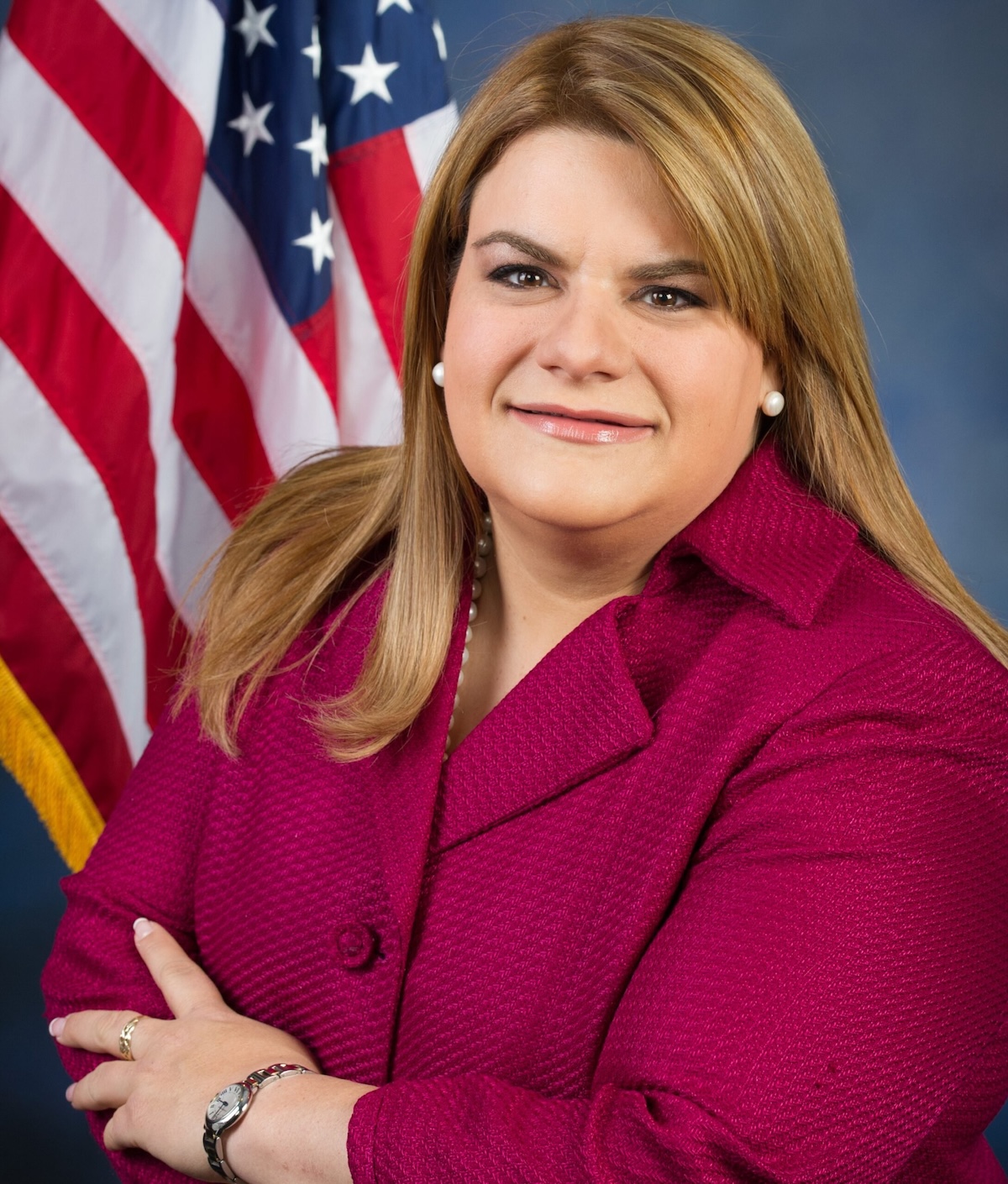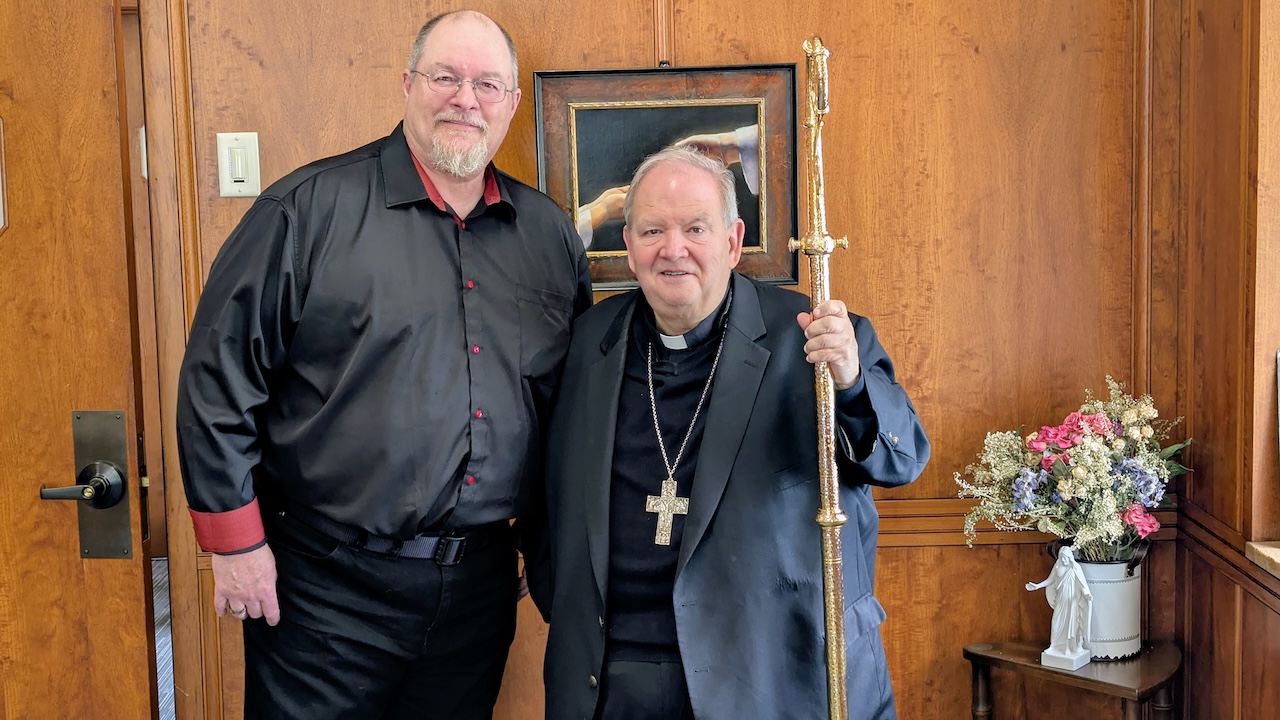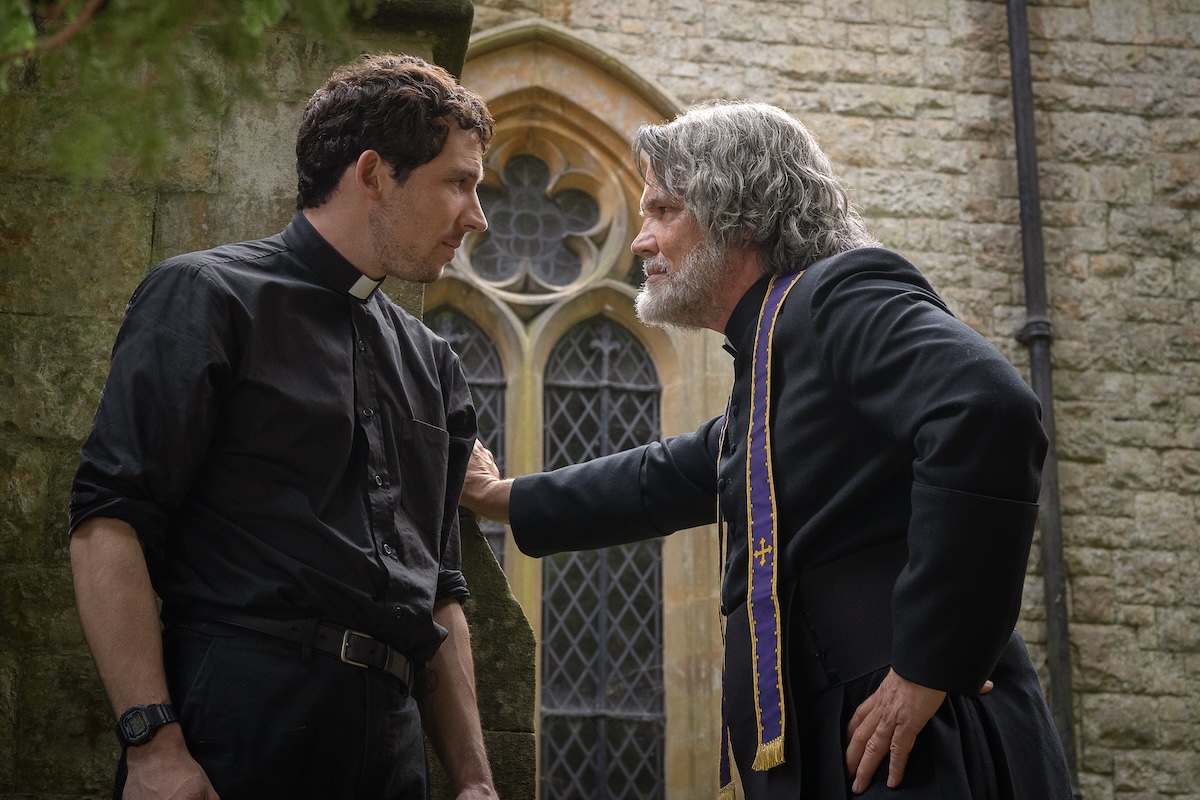How the Czech rust belt echoes America’s populist shift
OSTRAVA, Czechia — A formerly left-leaning but downtrodden industrial heartland is now powering a maverick populist billionaire toward election victory.
Sound familiar?
Czech agricultural tycoon Andrej Babiš is surging ahead in polls ahead of parliamentary elections this weekend, threatening to tilt Central Europe further from Brussels — and potentially toward Moscow’s sphere of influence.
Babiš’ populist appeal — much like Donald Trump in the United States, whose two election victories were driven by renewed Republican support across the Rust Belt states in the Great Lakes and mid-Atlantic region — resonates most strongly among voters in former industrial bastions like Ostrava, where nostalgia mixes with frustration at the political establishment.
Ruda, a 52-year-old teacher who is a member of the right-wing populist ANO party, says the most important electoral issue is following through on the promise to reward pensioners for their lifetimes of work — something Babiš pledged to deliver.
“See all this here? It was built by our parents, miners who worked in the mines and then built this place. They deserve to enjoy their old age properly,” said Ruda, gesturing around at the socialist-realist architecture.
Ruda has lived his entire life in Ostrava, Czechia’s third-largest city, close to the Polish border. It’s known as the steel heart of the republic, where weathered red-brick buildings, rusted steel and iron structures, and towering stacks and chimneys stand like historical monuments.
“Black Ostrava,” as the city was sometimes called, saw coal mines and the heavy steel industry flourish for more than 200 years. The official end of mining in 1994 left many former workers unemployed and forced the city to reinvent itself by transforming steelworks into museums and cultural hubs.
Ostrava was traditionally a stronghold for Czechoslovak communists, and then Social Democrats following the Velvet Revolution in 1989. But in recent years, it’s shifted toward ANO, echoing a realignment in the U.S. where former cradles of industry in states like Ohio and Pennsylvania have pivoted from voting Democrat to backing right-wing populists.
“This government really messed things up. I hope Babiš can fix it,” Ruda said, speaking in a distinctive local Lachian dialect.
Populist promises
Like other party members, Ruda mans a campaign stall, handing out books Babiš wrote, along with keychains, Czech flags and a red Trump-style “Strong Czechia” baseball cap.
The hat seems to be the most popular item at a campaign rally POLITICO attended, worn by at least half of those present. Babiš temporarily ditched the signature headgear following the U.S. Capitol riot in 2021 — changing his profile picture to one featuring a face mask — but the red cap has since returned.

On an unusually warm and sunny day, hundreds gathered at Florida Park, far from the city center, to hear Babiš speak on improving health care, raising pensions and promising to lower energy prices.
Many of those interviewed by POLITICO cited higher pensions and ANO’s stronger focus on domestic issues instead of Ukraine as reasons for supporting Babiš. Distrustful of the media, only a handful would share their full names. They believe Babiš, owner of Agrofert — the country’s largest agriculture empire — will make their lives better.
Anna, an aging dark-haired woman wearing a red cap and holding a Czech flag, has been retired for 20 years. She said she previously voted for Babiš, and praised his 2017-2021 government for raising pensions.
“He cares. I like the kind of person he is … They gave us a little extra, life is happier if someone takes care of you,” Anna said, adding that people in the current government “only care about themselves.”
Others also expressed anger at serving Prime Minister Petr Fiala, whose center-right government has sunk to the lowest popularity levels since 2013 and endures criticism over unpopular austerity measures and breaking a 2021 election promise not to raise taxes.

“This government is the worst. They support Ukraine — everyone, everyone but us,” said Ludmila Laskovská, a retired woman with blonde hair, frustration evident in her voice.
Babiš, the lead candidate for the Moravian-Silesian region where Ostrava sits, pays it close attention and is hoovering up voter support here, with polls showing around 40 percent backing him — making it his second-strongest region nationally.
Even his toughest opponents concede that Babiš’ brand of populist politics — which focuses on lowering energy prices, cutting taxes and raising pensions — has been electoral rocket fuel.
“He definitely has a presence here. I have to admit that; he shows up at all the events,” said Jan Dohnal, mayor of Ostrava, from Fiala’s Civic Democrats (ODS).
Political chameleon
Should Babiš return to power after this weekend’s vote, either as prime minister or key ANO string-puller behind the scenes, his opponents see an unpredictable political future ahead for Czechia — particularly as Babiš on Tuesday ruled out an alliance with the communists, but remains ambiguous about governing with other extreme parties.
Babiš has pushed to scale back military aid for Ukraine, questioned NATO’s 5 percent spending target, opposed the European Union’s Green Deal (despite endorsing it on behalf of Czechia in 2019) and called for zero tolerance on undocumented migration.

He does, however, draw a line at withdrawing from the EU and NATO, describing membership as “indisputable for us” in a statement to POLITICO.
“That we will pull the Czech Republic somewhere to the east is a brutal lie that government politicians just use scare people,” Babiš said.
But Babiš is a political chameleon — his flexible party has been described as everything from left-wing to populist, technocratic to catch-all, conservative to far-right — and some are worried that his promises might not hold.
Czech Foreign Minister Jan Lipavský said that governing in coalition with extreme parties could force Babiš to yield to a potential NATO referendum.
“If someone governs while constantly being pressured with this demand, they might eventually give in. After all, we’ve already seen that happen in the U.K.,” Lipavský said.
Dohnal, Ostrava’s mayor, said he could see Babiš calling a referendum on NATO — but not the EU, due to the bloc’s cash helping Agrofert.
“Andrej Babiš is primarily a pragmatic politician, so he tends to make decisions based on the current mood in society,” Dohnal explained. “If one of his internal polls showed that he should, for example, call a referendum on the Czech Republic’s membership in NATO, he would be capable of doing that.”
“I don’t think this really applies to the EU, since, of course, he is a major recipient of European subsidies,” the mayor added.
Political scientist Petr Kaniok from Masaryk University in Brno said Babiš’ future governance could follow Budapest’s illiberal model.
“ANO movement is very flexible. And because of that flexibility, it can shift its stance … We’ve seen that Babiš himself has no problem contradicting something he previously said or even approved,” Kaniok said.
More likely than pursuing a Czexit from any multilateral international organizations, Kaniok added, Babiš threatens to take inspiration from Viktor Orbán’s Hungary and Robert Fico’s Slovakia, focusing on reshaping public broadcasters and the judiciary to his long-term benefit.
“Babiš sees that if he wants to cement his power and influence … he has to change the very structure and functioning of key institutions. So I expect him to act much more directly, focusing on institutional reforms and legislative changes,” Kaniok said.




















:quality(85):upscale()/2023/09/18/918/n/1922398/a1136b676508baddc752f5.20098216_.jpg)
:quality(85):upscale()/2025/10/09/670/n/1922283/00b944c868e7cf4f7b79b3.95741067_.jpg)
:quality(85):upscale()/2025/10/15/765/n/1922398/29c37a6e68efd84bb02f35.49541188_.jpg)
:quality(85):upscale()/2025/09/09/891/n/1922283/7222624268c08ccba1c9a3.01436482_.png)
















